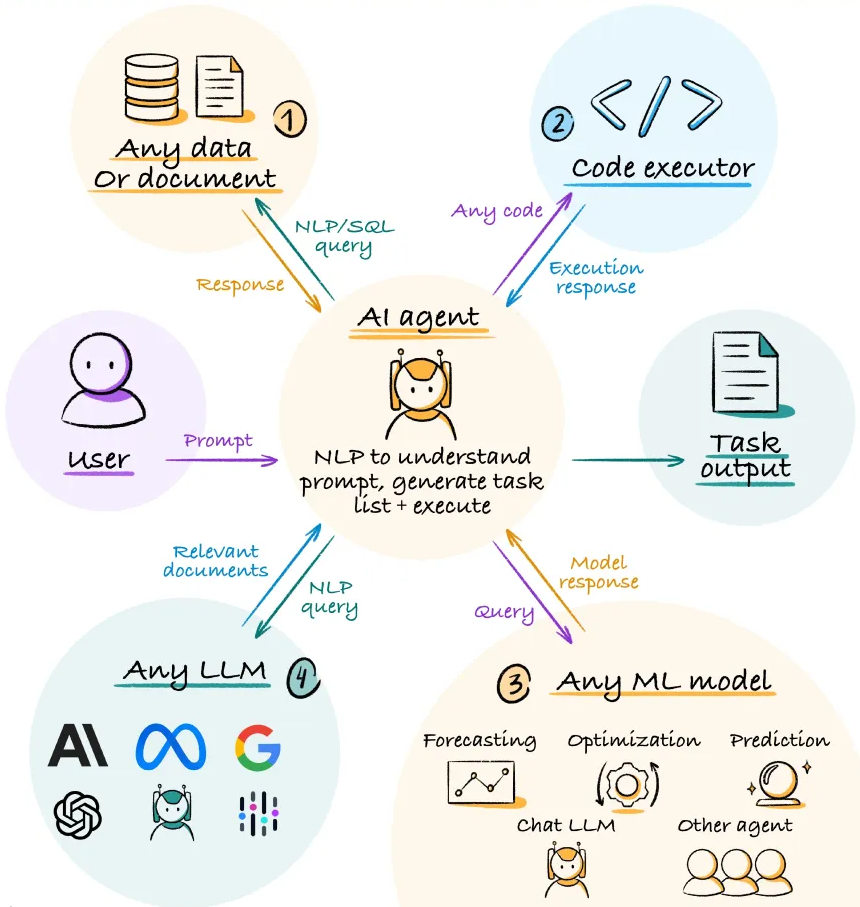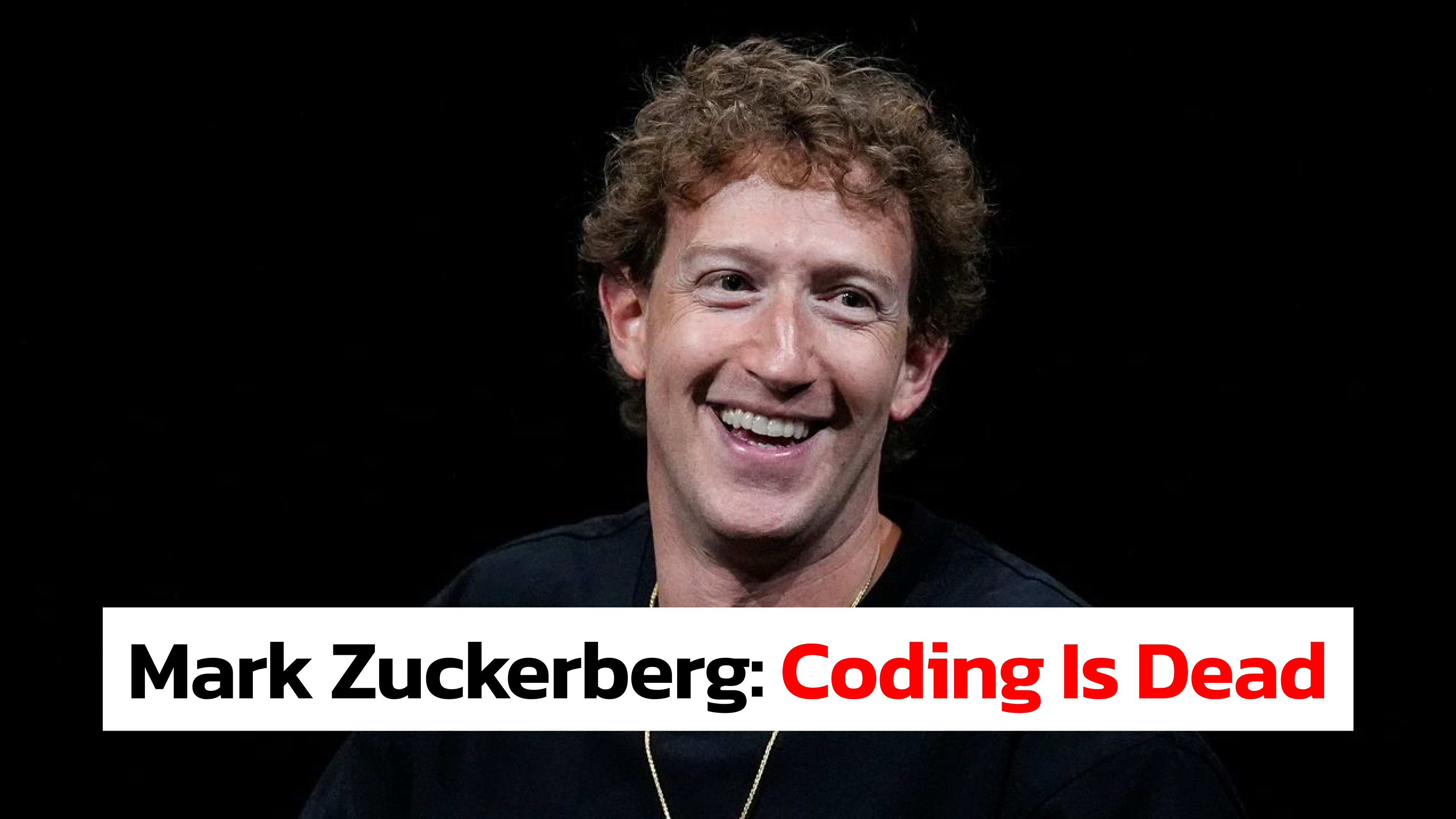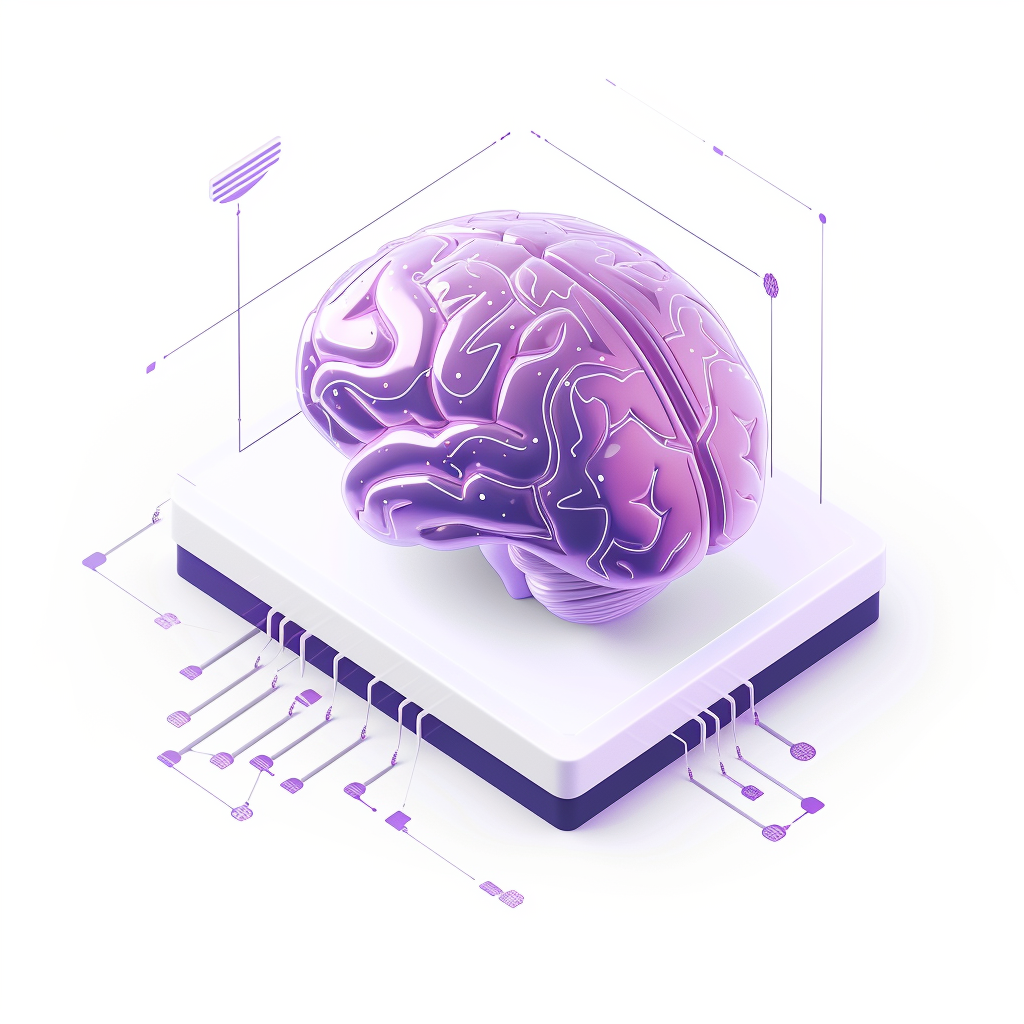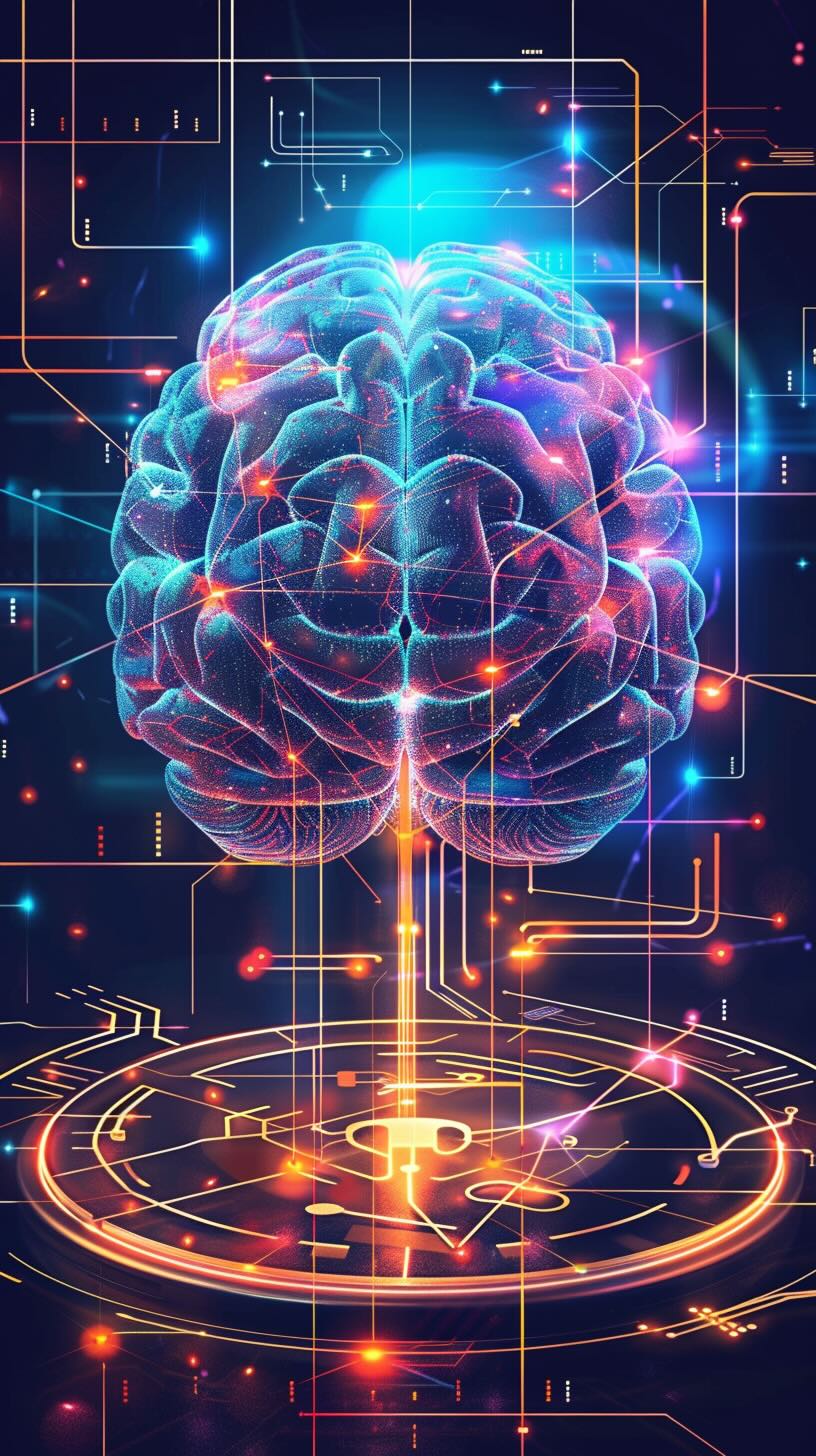In a revealing interview on the Joe Rogan Experience podcast, Mark Zuckerberg shared his vision for the future of software development. He highlighted the transformative role of artificial intelligence (AI) and how it will reshape the industry in the coming years.
By 2025, Meta anticipates deploying AI systems capable of performing tasks traditionally handled by mid-level engineers. Zuckerberg’s predictions point to a future shaped by AI-driven innovation, productivity, and efficiency. This shift could mark one of the most significant changes in how technology is built and used.
Zuckerberg’s Vision
During the podcast, Zuckerberg detailed how AI systems are rapidly evolving. These systems are set to take on tasks that currently require mid-level engineering expertise, such as writing and debugging code.
Instead of static applications, Zuckerberg envisions adaptive AI agents. These agents can generate and modify code in real-time, tailored to specific needs. This dynamic approach could redefine software development entirely.
“We’re working towards AI that functions like a mid-level engineer, handling the heavy lifting so humans can focus on the big picture,” Zuckerberg stated. His comments emphasize how AI will allow developers to shift their focus from repetitive tasks to creative and strategic challenges.
Boosting Productivity and Efficiency
Zuckerberg’s insights align with broader industry trends that highlight the transformative potential of generative AI. AI systems are streamlining development workflows by automating routine coding tasks, reducing inefficiencies, and improving productivity.
Research from McKinsey & Company supports these claims. According to their findings, AI can reduce documentation time by up to 50% and cut code-writing time by 35-45%. This translates into significant time savings for developers, enabling them to work on more impactful projects.
AI achieves this through its ability to analyze vast datasets of existing source code. By identifying patterns and relationships, these systems generate outputs that align with established standards and practices. Developers no longer need to spend time on boilerplate code or repetitive debugging.
Zuckerberg emphasized that such tools complement human efforts. “AI amplifies creativity rather than replacing it,” he said. This synergy allows developers to push boundaries and innovate in ways previously considered impossible.
Redefining the Workforce
Zuckerberg addressed concerns about job displacement head-on. While some fear that AI will replace human developers, he argued that it will instead redefine roles within the industry. Developers will transition to tasks that demand higher levels of creativity and strategy.
He drew parallels to historical shifts, such as the Industrial Revolution, where new technologies transformed the workforce but also created new opportunities. Similarly, AI’s integration into software development will require professionals to adapt and evolve their skill sets.
Companies like Salesforce are already adjusting to this new reality. For example, Salesforce announced a freeze on software engineer hiring due to productivity gains achieved through AI tools. This demonstrates how AI is changing the dynamics of the workforce, emphasizing efficiency and innovation over headcount.
The Advent of AI Agents
One of the most groundbreaking ideas Zuckerberg discussed was the concept of AI agents. These agents have the potential to replace traditional software applications by generating and adapting code dynamically.
AI agents will not be static programs. Instead, they will evolve in real time based on user interactions and requirements. This represents a shift from rigid applications to more fluid, intelligent systems that respond to changing needs.
“This isn’t about making engineers obsolete,” Zuckerberg explained. “It’s about giving them superpowers to do what they couldn’t before.” This perspective highlights the collaborative potential of AI and human ingenuity.

A Catalyst for Entrepreneurship
Zuckerberg also highlighted how AI could lower barriers for startups and entrepreneurs. With AI taking over repetitive tasks, individuals can focus on innovation and business strategy.
AI significantly reduces the need for extensive human capital. This means that small teams or even solo entrepreneurs can achieve what once required large development teams. “AI will democratize innovation,” Zuckerberg predicted. “It will enable anyone with an idea to bring it to life.”
This democratization of software development could spark a wave of entrepreneurship. More people will have access to tools that allow them to create, innovate, and compete on a global scale. AI could become the ultimate enabler for aspiring business owners.
The Technology Behind the Revolution
The foundation of these advancements lies in large language model (LLM) technologies and natural language processing (NLP). These systems are trained on extensive datasets of code and use deep learning algorithms to generate high-quality outputs.
Meta is heavily investing in these technologies. Zuckerberg’s company aims to remain at the forefront of AI research and deployment, ensuring that it continues to shape the industry’s future.
These advancements are not just theoretical. They are already being implemented in real-world applications, setting the stage for even greater innovation in the years to come.
Challenges and Opportunities
Despite his optimism, Zuckerberg acknowledged the challenges that come with AI-generated code. Issues like readability, reliability, and ethical considerations must be addressed to ensure these systems are used responsibly.
Developers will need to adapt to a new collaborative model. This involves working alongside AI to refine outputs, ensure quality, and address complex problems that AI cannot solve alone. Collaboration will be key to unlocking the full potential of these tools.
Zuckerberg also emphasized the importance of ethical AI usage. As these systems become more powerful, ensuring they are used for the right purposes will be a critical responsibility for developers and organizations alike.
Závěr
Mark Zuckerberg’s conversation with Joe Rogan provides a compelling glimpse into the future of software development. AI is poised to play a central role in redefining how technology is built, deployed, and maintained.
By 2025, Meta’s AI ambitions could lead to unprecedented levels of productivity and creativity. Far from replacing human ingenuity, AI promises to enhance it, opening the door to new possibilities and opportunities.
This marks the beginning of a new era of innovation. As developers and organizations adapt to these changes, the potential for growth, creativity, and progress is limitless.







